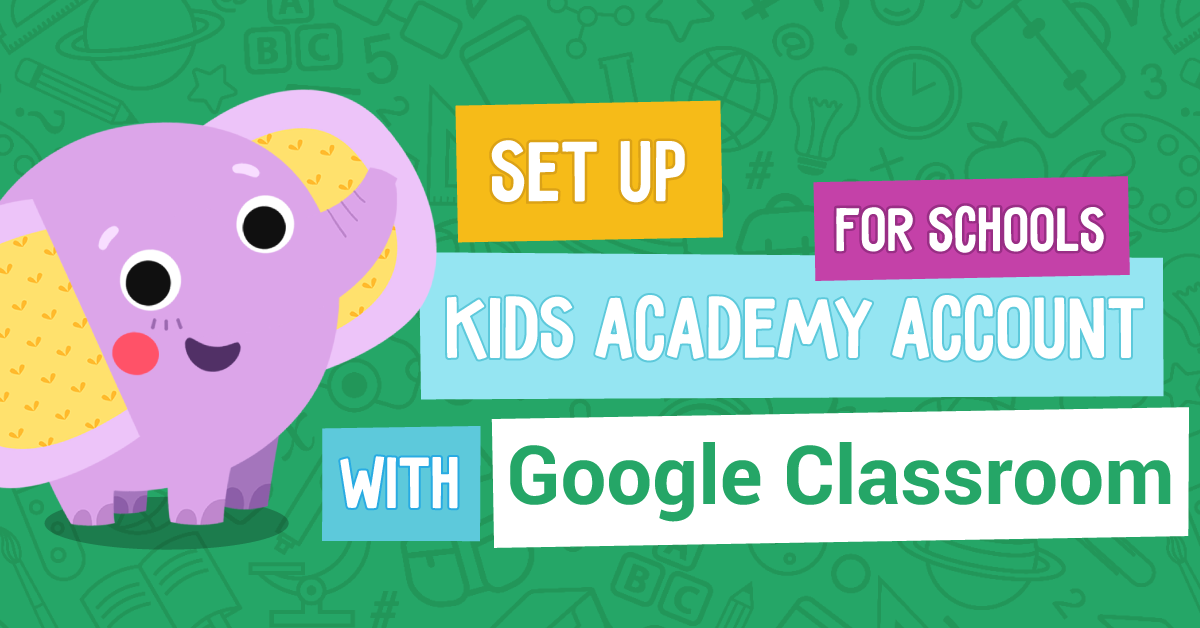Reading practice Normal Reading Worksheets for Ages 7-8
5 filtered results
-
From - To
Enhance your child's reading skills with our engaging Normal Reading Worksheets designed specifically for ages 7-8. These worksheets provide a variety of fun and interactive activities to help young learners improve their reading comprehension, vocabulary, and fluency. Each worksheet features age-appropriate texts, followed by questions that encourage critical thinking and engagement with the material. Our resources are perfect for both classroom and home use, making it easy to integrate reading practice into your daily routine. Explore our collection to find worksheets that ignite a love for reading in your child while strengthening essential literacy skills. Start your literacy journey today!
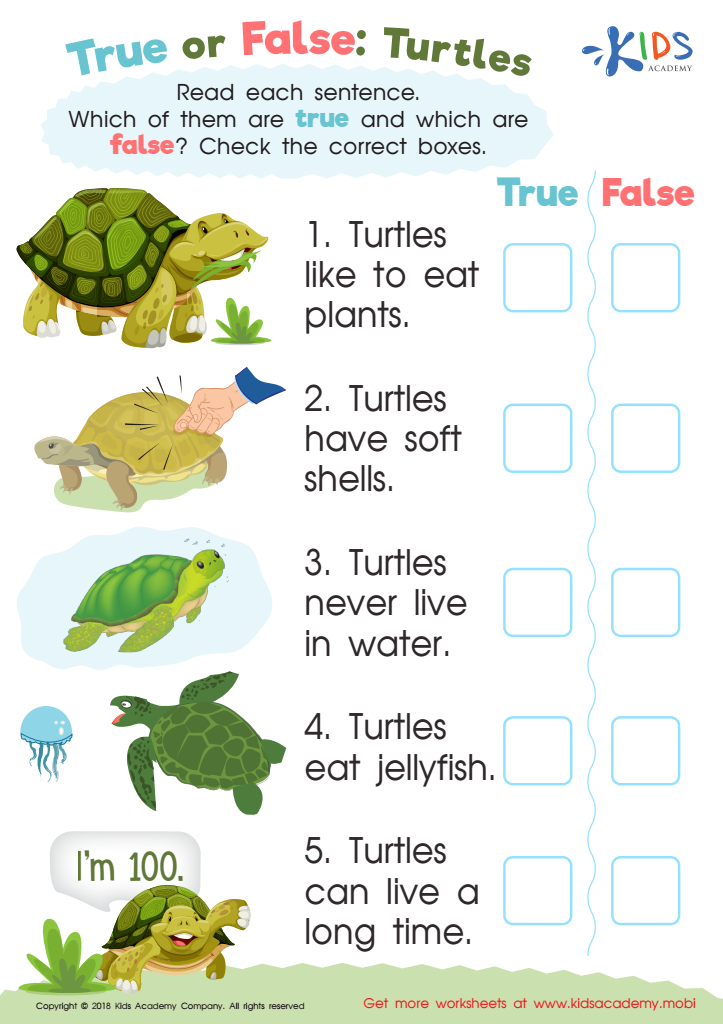

True or False: Turtles Worksheet


Benjamin Franklin Worksheet
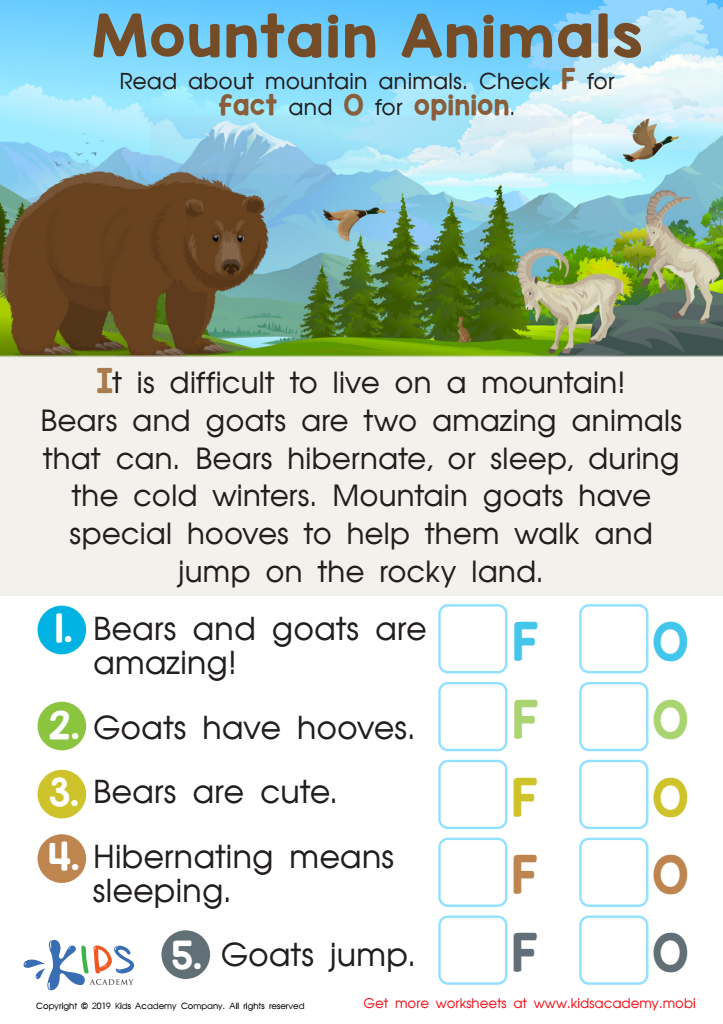

Mountain Animals Worksheet
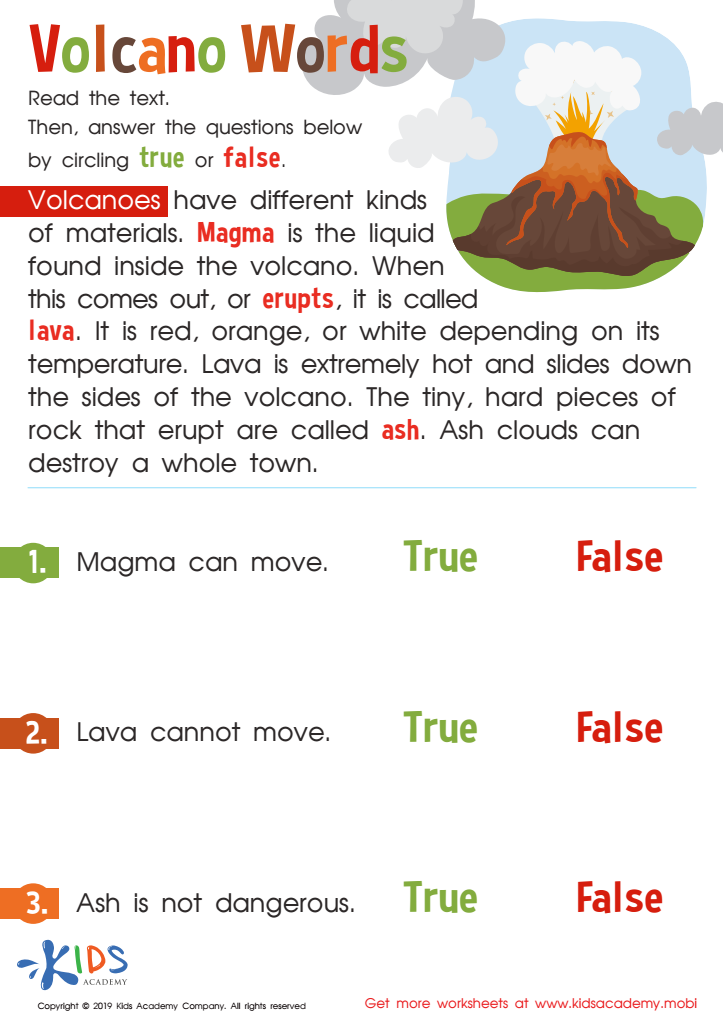

Volcano Words Worksheet
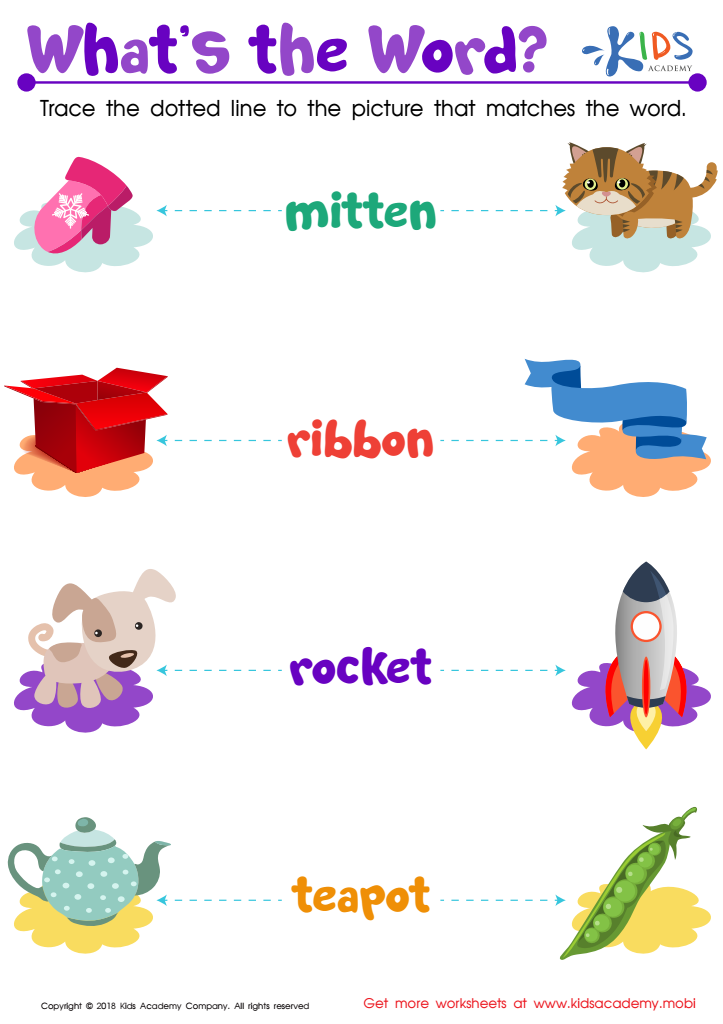

Reading: What's Word Worksheet
Reading practice is essential for children aged 7-8 as it serves as a foundation for their academic success and overall development. At this stage, children are refining their reading skills, making it crucial for parents and teachers to engage with and support their reading practices. Regular reading helps improve vocabulary, comprehension, and critical thinking abilities, which are vital for future learning.
For parents, fostering a love for reading at home can strengthen the bond with their child and create a stimulating literacy environment. It encourages discussion, enhances listening skills, and instills a lifelong love for books. Parental involvement in reading also provides emotional support that can boost a child's confidence and motivation.
Teachers, on the other hand, play a pivotal role in identifying each child's reading level and adapting instruction to meet diverse needs. By providing tailored reading materials, teachers can cater to individual interests, ensuring that learning remains engaging. Promoting reading in the classroom nurtures a cooperative learning atmosphere, encouraging peer interaction and discussion.
Ultimately, consistent reading practice during these formative years cultivates not only strong readers but also well-rounded individuals prepared for future challenges. Thus, both parents and teachers have a critical responsibility to prioritize reading.
 Assign to My Students
Assign to My Students









